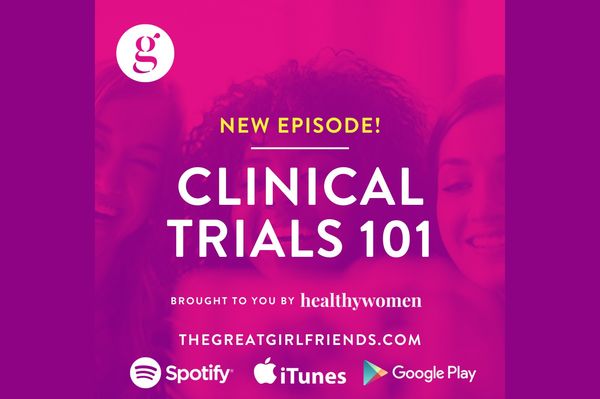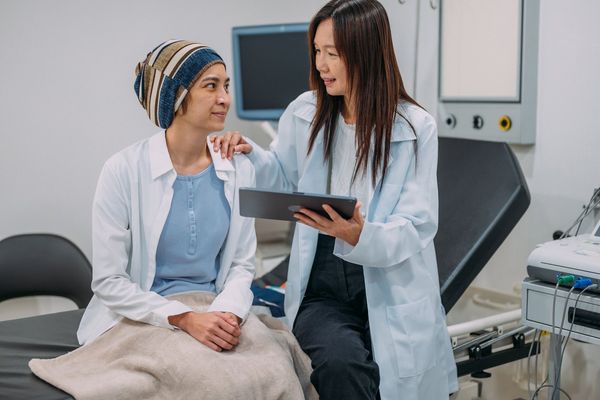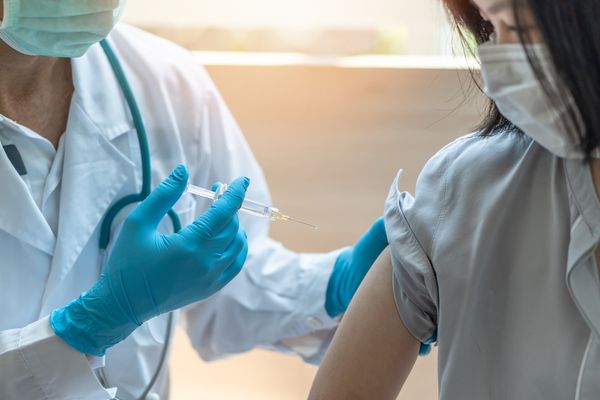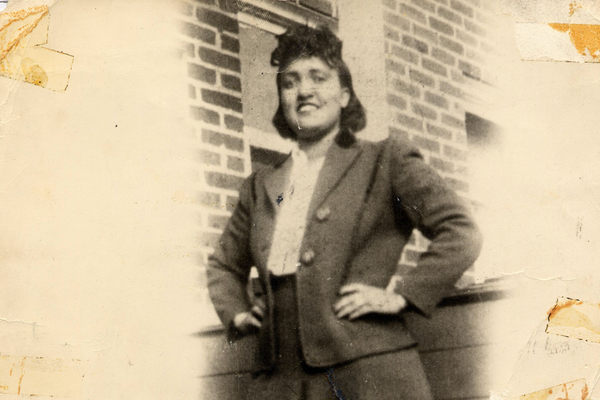If you've been diagnosed with a rare, chronic or difficult-to-treat condition, you may feel overwhelmed—or underwhelmed, as the case may be—by the treatment options available to you. Standard treatments aren't always suitable for patients, and sometimes no cure exists.
However, medical researchers are unyielding in their efforts to develop new diagnostic tests, drugs and procedures to improve the outcomes of serious conditions. But before these treatments can be used on the general population, they must prove safe and effective in a human clinical trial—and some patients can benefit from these experiments.
It may be worth asking your health care provider about clinical trials that you can participate in if you haven't found adequate relief with standard treatments or if you simply fit the criteria and have a desire to help further research in a particular area of medical science. Sometimes, clinical trials give you access to top medical care, although most are conducted in community practices.
You may find it easier to participate in a trial if you live in or near a large city, but trials are conducted throughout the United States, in major cities and small towns and in university facilities, community clinics, hospitals and doctors' offices. In addition to asking your doctor, you can check online at ClinicalTrials.gov to see the registry of federally and privately supported clinical trials being conducted in the United States and around the world.
Give careful consideration to your decision of whether to enter a clinical trial, because you may face a number of risks and side effects from the experimental tests or treatments. If there is an existing effective therapy, it is important that you weigh your options carefully because the experimental treatment may not be as beneficial as the current standard treatment or you may be placed in a control group that receives only placebos. A placebo is an inactive compound that will look exactly like the experimental medication. If a treatment proves effective, you, as a participant in the trial, may be offered the treatment, even if you were in the control group. Note that placebos are never used in cancer trials when cancer patients would be put at risk by not having effective therapy.
Another factor to keep in mind is that the trial may require frequent trips to the study site, hospital stays or additional procedures, some of which may be difficult or uncomfortable.
Before beginning a trial, you will be given an informed consent document, which outlines the details of the study, including its purpose, duration, risks, possible benefits and what it will involve. You'll need to sign this nonbinding contract and meet a number of criteria before participating in an experiment.
In addition to carefully reading any and all contracts and informational literature you receive, it's a good idea to ask your doctor some questions in person:
1. Have we exhausted all proven treatment options?
2. What will happen during the clinical trial?
3. What are the potential side effects? Can they be permanent?
4. What are the possible benefits? How long and to what extent may the treatment provide relief?
5. Can I back out if I change my mind?
6. If I'm placed in a placebo group, can I exit the trial?
7. If the experimental test or treatment results in adverse effects, can I get out?
8. Will I be able to see my regular doctor during the trial?
9. Will I need to discontinue use of any current medications?
10. Will I receive compensation if something goes wrong?
11. Will the results of the study be shared with me?







